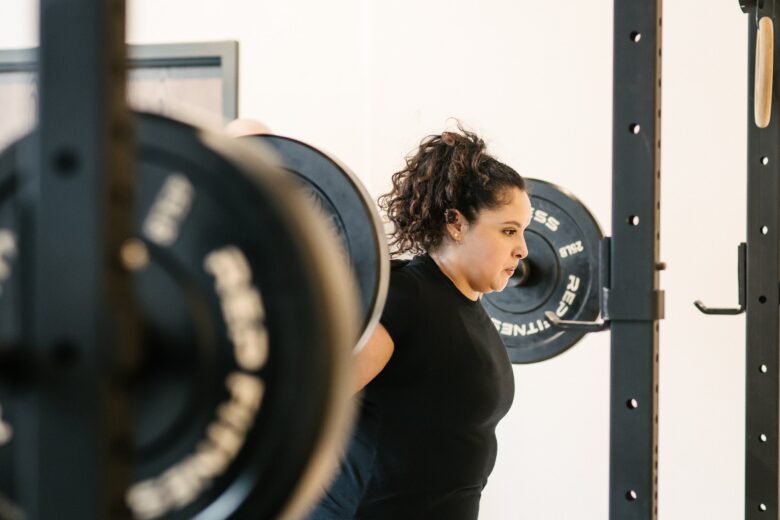It can be scary to start a new fitness practice, but the benefits of strength training for beginners are much greater than the initial doubt. Strength training is a great way to improve your health and lengthen your life, whether you want to build muscle, speed up your metabolism, or just feel better in everyday tasks. If you’ve never done resistance workouts before, this is all the information you need to feel confident as you begin.
Why Strength Training Matters
Strength training isn’t just for bodybuilders. It’s for everyone — young or old, male or female, active or sedentary. When you do strength training regularly, it can help you:
- Improve muscle tone and endurance
- Increase bone density
- Burn more calories at rest
- Enhance joint health and mobility
- Support better posture and balance
Health experts, including those at Health Matey, emphasize that strength training is essential for long-term well-being, not just aesthetics. It is very important for keeping your muscles from getting weaker with age (sarcopenia) and for practical fitness, which means you’ll be able to move around better in everyday life.
What Is Strength Training?
Strength training, which is also called resistance training, is any act that uses resistance to make muscles stronger and last longer. There are many places where this pushback can come from, such as:
- Free weights (dumbbells, barbells)
- Resistance bands
- Weight machines
- Body weight (push-ups, squats, planks)
For a beginner strength training routine, it’s not necessary to jump straight into lifting heavy weights. Bodyweight exercises or light dumbbells are effective and offer a safe starting point.
How to Begin Safely
Starting strength training doesn’t require a gym membership or fancy equipment. The most important things are consistency, good form, and slow growth. Just start out with these tips:
1. Start with Bodyweight Exercises
Before adding resistance, get familiar with basic movements like squats, lunges, push-ups, and planks. These moves help activate major muscle groups and teach you control and stability.
2. Focus on Form Over Weight
Using bad form makes you more likely to get hurt and makes the exercise less effective. Start light and only increase resistance when your form is strong and controlled.
3. Plan Rest Days
Muscles grow and recover during rest periods, not during workouts. Strength train two to three times a week for beginners, but make sure to wait at least 48 hours between workouts that focus on the same muscle group.
4. Incorporate Full-Body Workouts
Early on, full-body routines that target major muscle groups — legs, chest, back, shoulders, and core — are more beneficial than split workouts. They also help balance strength and prevent overtraining.
5. Warm-Up and Cool Down
Before each workout, warm up for 5 to 10 minutes with something like fast walking or dynamic stretching. Diese will get your muscles ready for the workout. Finish with light stretching to improve flexibility and aid recovery.
What You’ll Need
You don’t need to invest much to get started. For many beginners, a yoga mat, a pair of light dumbbells (5–10 lbs), and a resistance band are enough. As you progress, you can expand your home gym or explore classes and equipment at a fitness center.
Staying Motivated
The beginning of any fitness journey can be the hardest part. Health Matey encourages new lifters to track their progress, set small achievable goals, and celebrate non-scale victories, like being able to do more reps or move up in resistance.
It’s also helpful to follow structured programs designed specifically for beginners. These provide guidance on exercise selection, repetition ranges, and weekly schedules, taking the guesswork out of training.
Final Thoughts
One of the best things you can do for your health is to start strength training. Start slowly, keep going, and remember that long-term growth is more important than short-term results. You’ll be amazed at how quickly your strength, confidence, and energy levels get better with just a few simple routines and some hard work. It’s not enough to just lift big things; you need to lift smart, too, as Health Matey points out.




